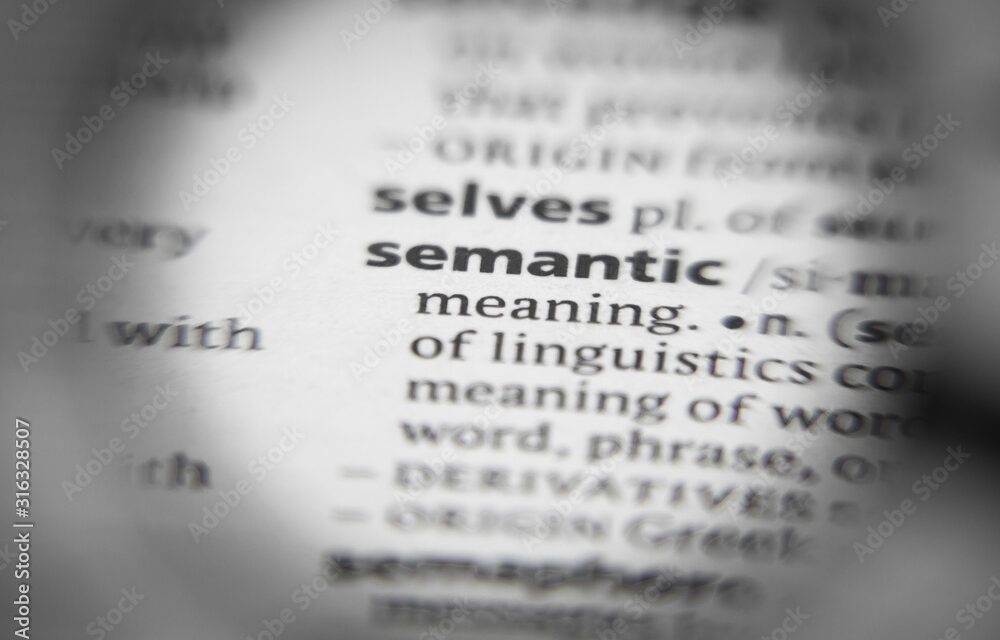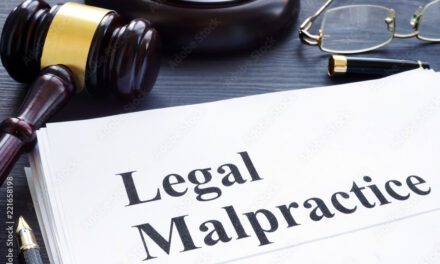It’s difficult these days for a lawyer at a deposition to direct witnesses not to answer questions on the grounds that the question is flawed. The lawyer doing the deposing may insist on his/her question be answered by or at least addressed directly by the witness. Hence, it is a good idea where possible, e.g., where the witness is the lawyer’s client or an employee of the client, for the lawyer “defending” the witness to inform or educate a possible witness as to language problems hidden in questions. Of course, if this cannot be done, the consequences of tricky semantic traps can sometimes be cured by cross-examination at the deposition itself.
(1) An example: the word “fair“:
“Is it a fair statement to say ‘p’ to describe what you were doing?” (Of course, p will be concrete, at least to some degree).
I saw this recently in the deposition of an in-house counsel. The theme was whether the witness had answered several questions posed to him by the board of directors of the company for which the deponent was the general counsel.
The witness quite correctly did not fall into the trap. He said in response: “You’ve asked me several questions all at once. You asked me, in effect, ‘Did you do the following six things all at once on a given day when dealing with the board of directors. I simply can’t remember all those things being done all at once. Also, I’m not clear about the meaning of “fair.” If you want to know, is it true that I did the following six things on Thursday the 8th, then my answer would be I don’t remember. If you want to know whether my activities are accurately described by the various components of your list, then my answer will depend on precisely what you really asking.”‘
(2) Another example: the word “guesstimate.”
“Please give me your guesstimate as to what you said that afternoon.”
The defending lawyer objected on the grounds that the word was vague, messy, and unclear. The witness said, ‘Are you asking me to guess at something or estimate something? Those are two quite different ideas.’
The depositioner wanted a fight of some sort. She said “Give me your estimate of the degree to which you were understood by the members of the board.? The witness, I don’t know how to do that; besides your asking me to say what was going on in their heads.”
The lawyer taking the deposition said, “What’s you guess as to how much you were understood?” Again, the witness soundly replied, “You’re asking me to guess under oath where I swore to tell the truth? I’m not sure I have any real idea.” Deposing counsel tried again, “Ok. Give me you best guess. What’s your best guess.” The witness responded by saying, “I don’t think I’ve got one.”
Council still did not give up. She said, “Tell me, of any guess you had in mind, which one did you think was the most likely to be accurate.” Again, the witness was superb. He said, “I don’t have one.”
(3) A similar and related problem arises out of, “Please tell me your best recollection of what happened.”
Again this is a question that includes a trap. Better for the witness to say something like this: “I don’t have any clear recollection. All the choices I propose to myself have problems as I look back on the situation.”
Language can be tricky. It may include subtle zigs and zags. Witnesses need to pay attention to this if they can, and lawyers need to help their clients keep semantics in mind. Lawyers taking depositions need to keep in mind that simple language is usually the best route.
–MSQ






Recent Comments